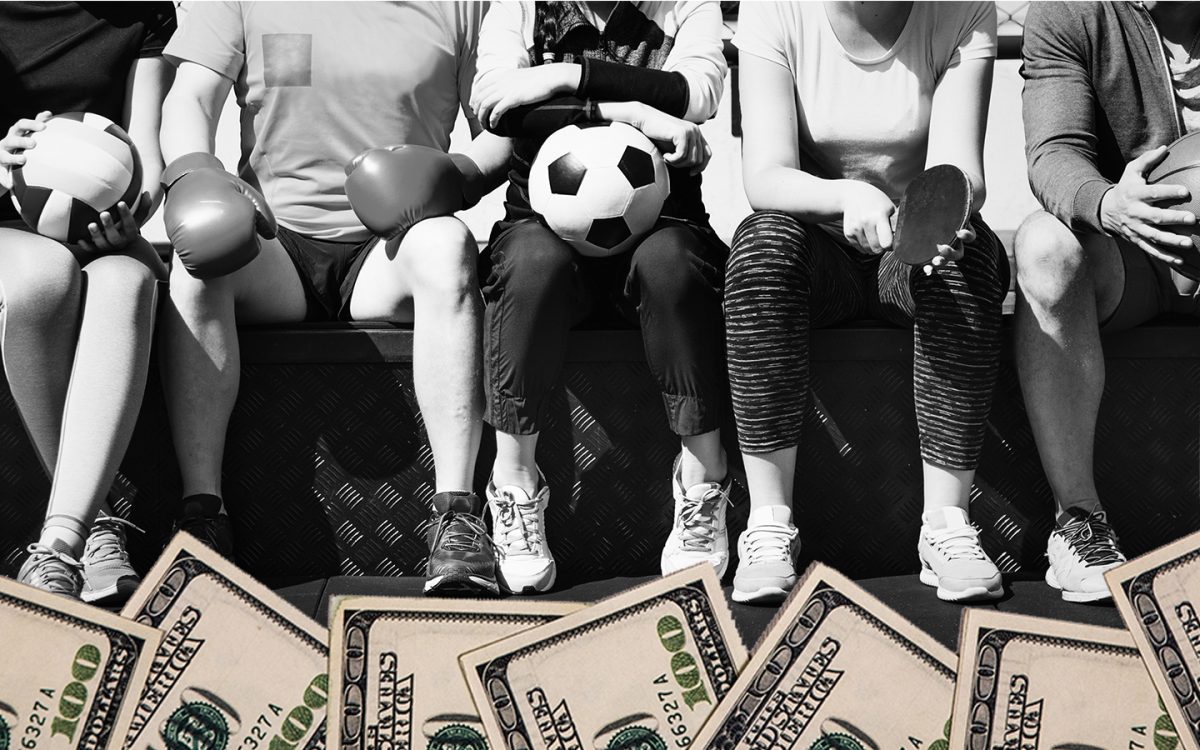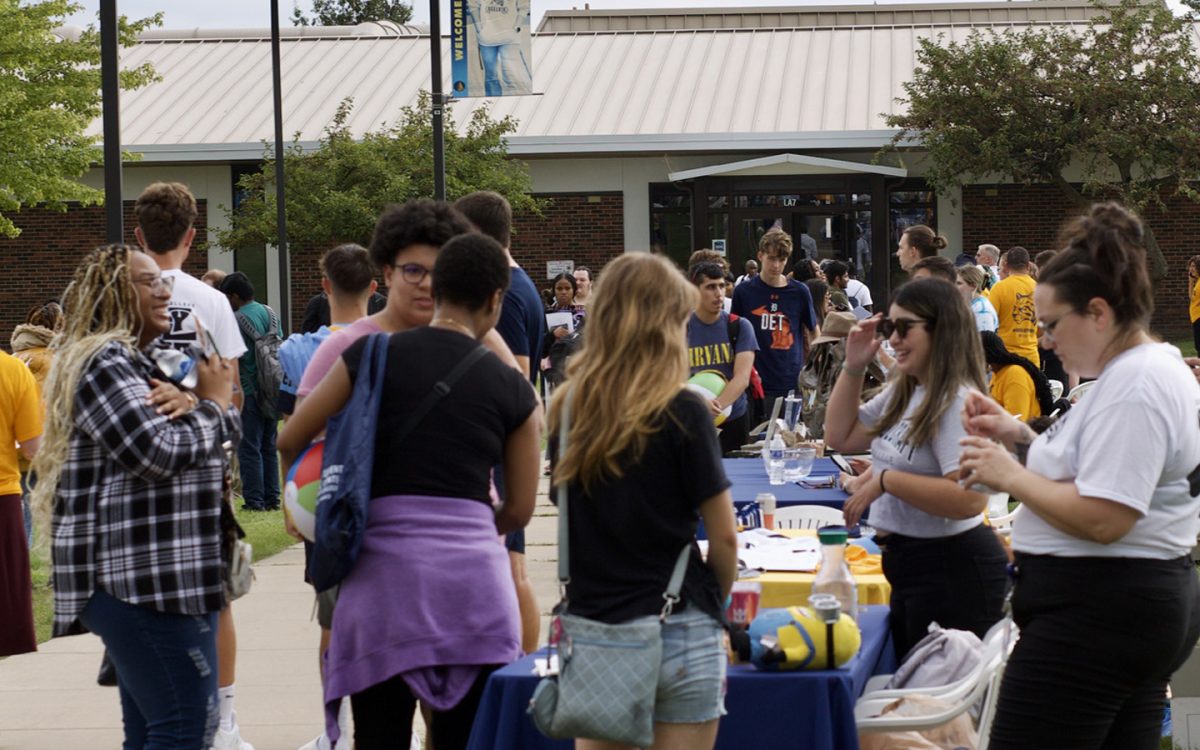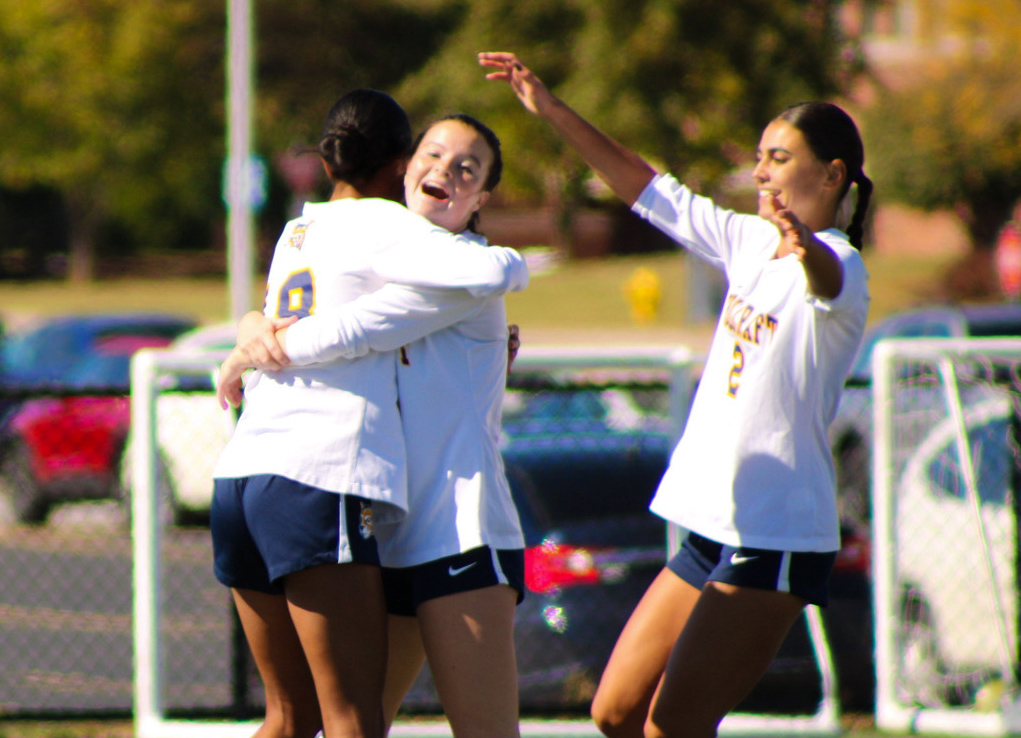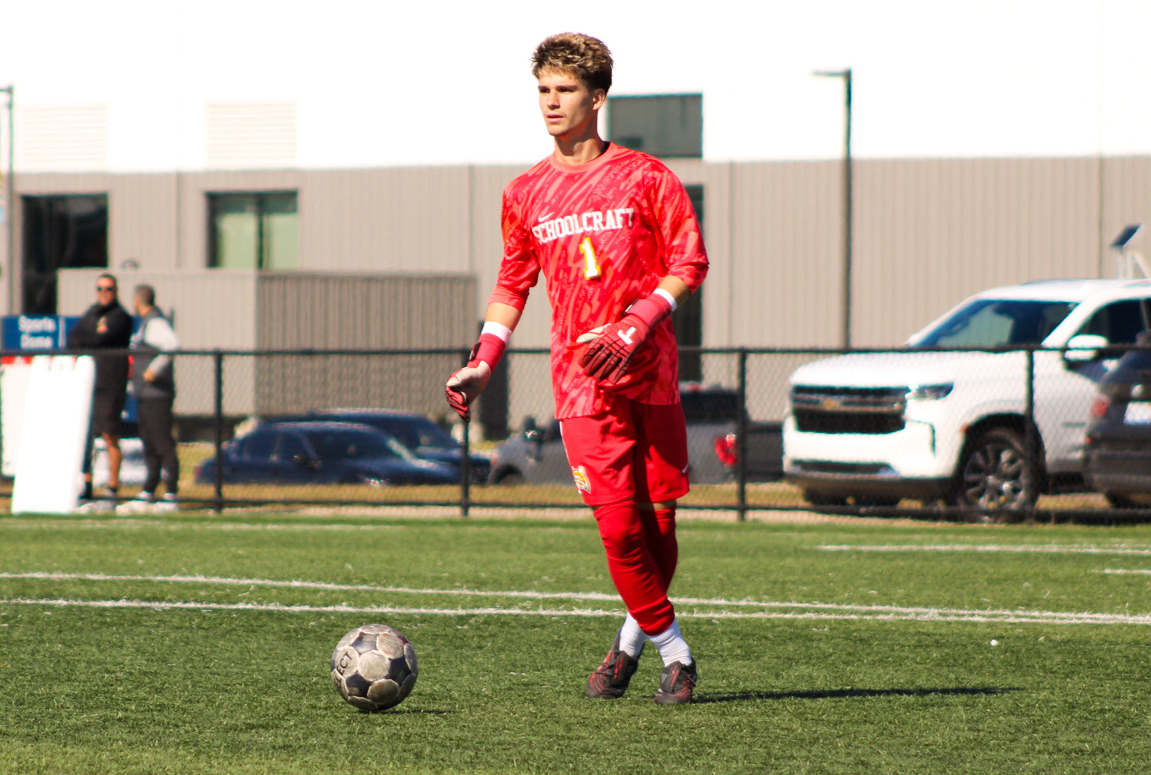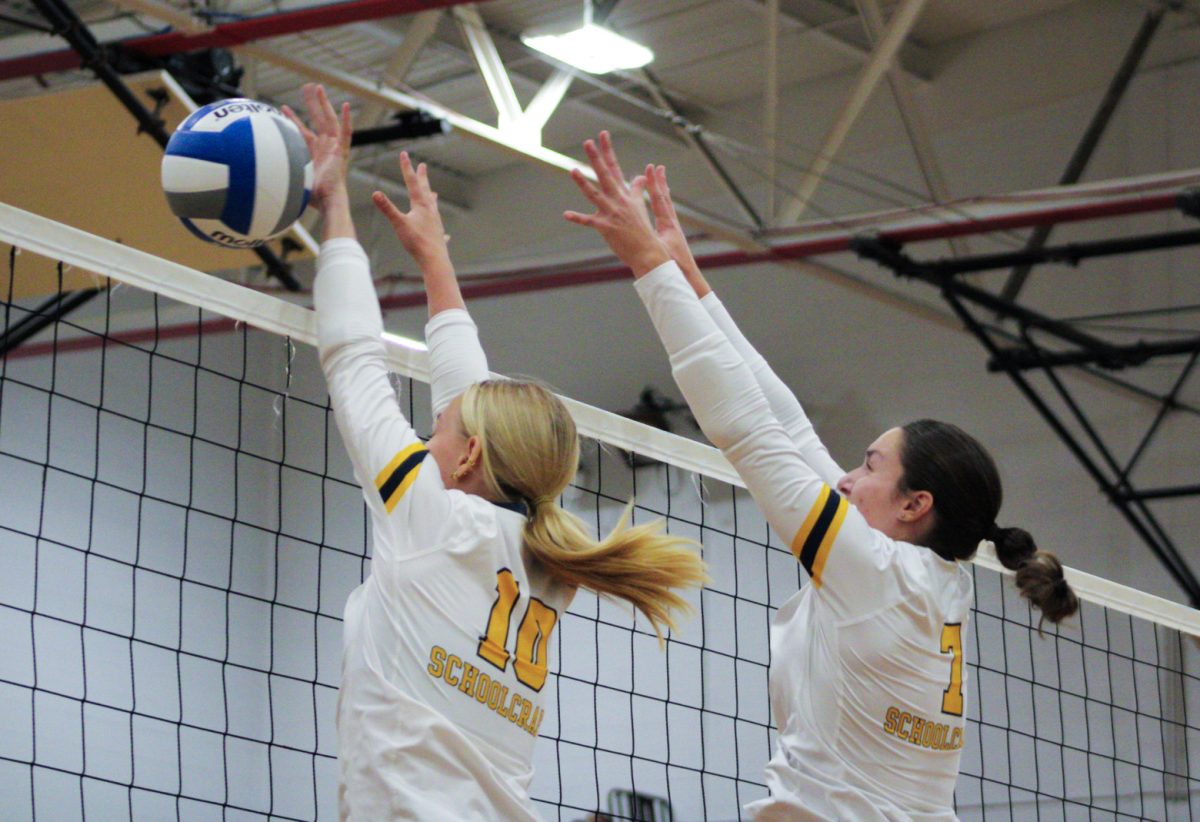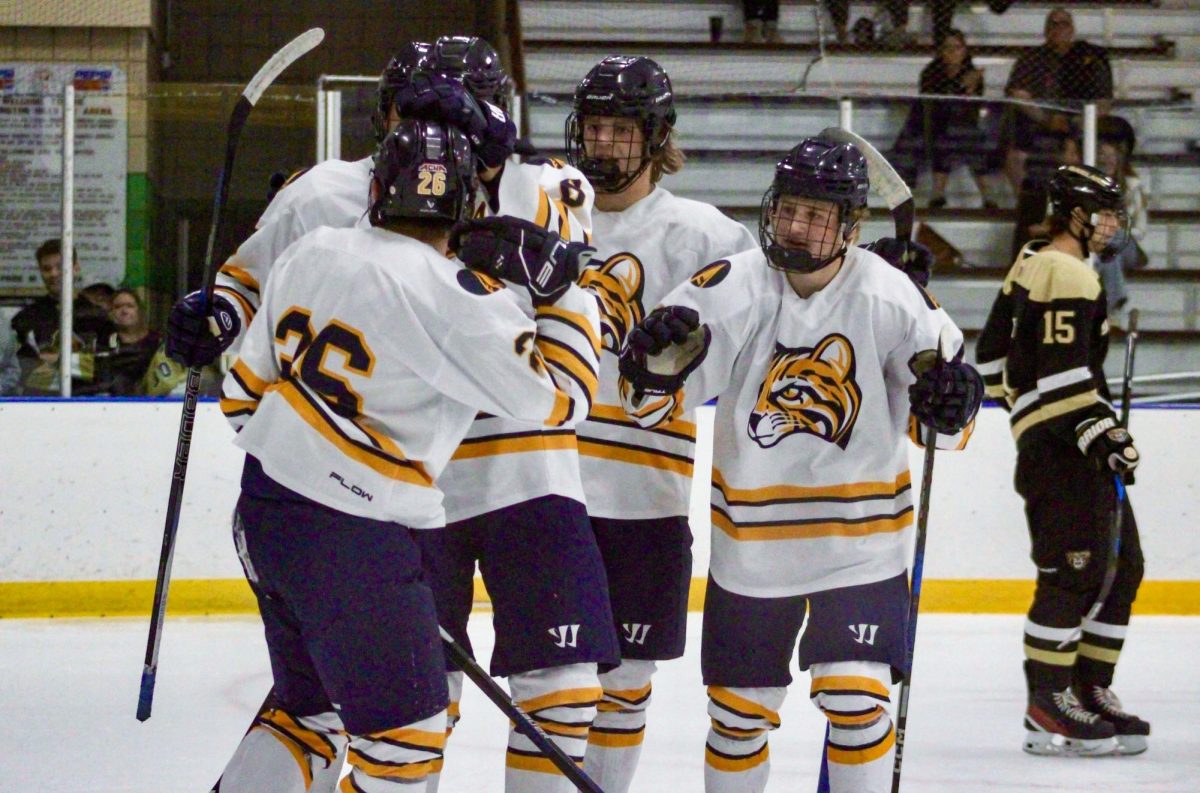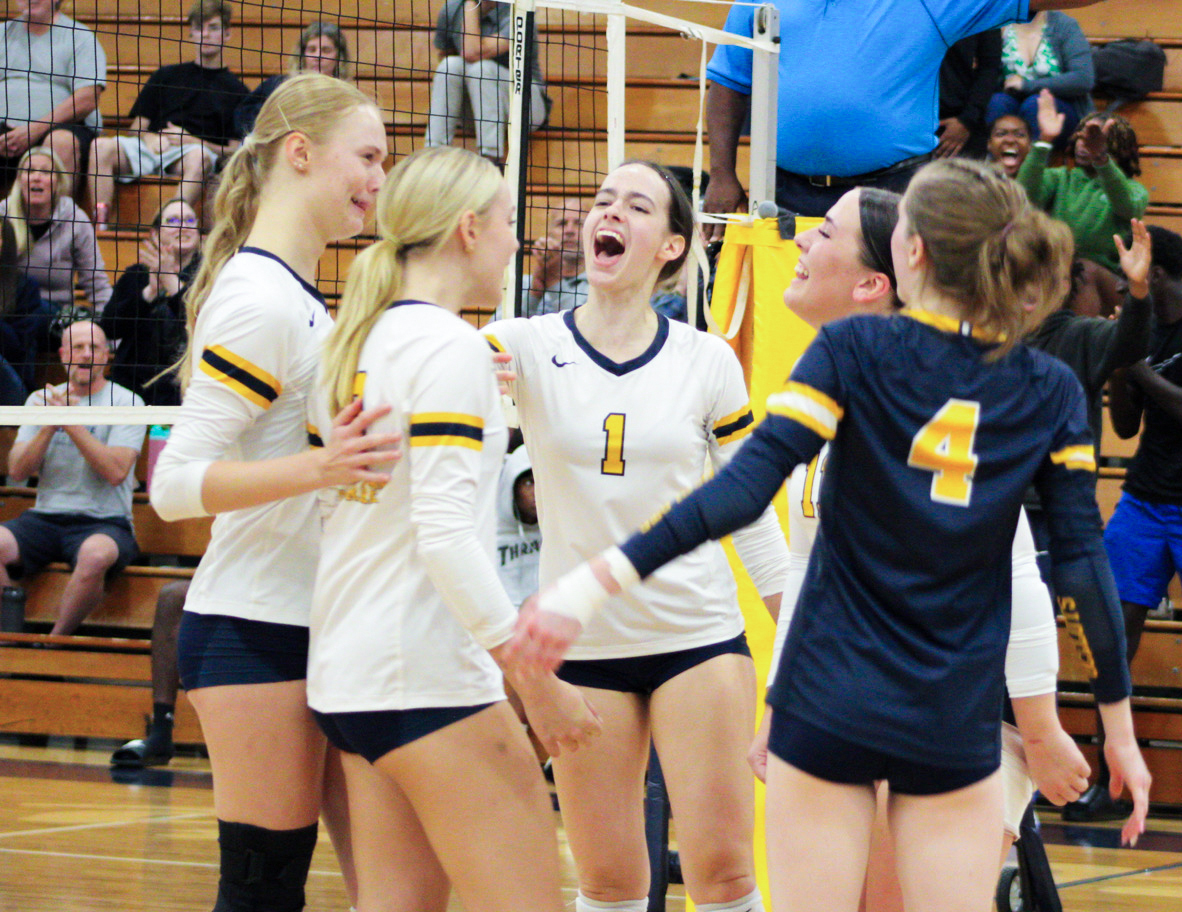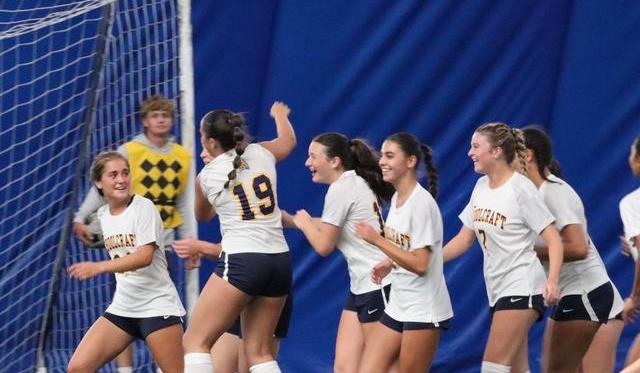Campuses across the country are buzzing with energy right now as student athletes take the fields and stadiums to play for their colleges. In recent years, the heated debate of whether colleges should compensate college athletes has been brought to the forefront of discussions.
Although they get to play their sport, which we’ve seen in previous discussions, players also often describe treating their sport as a job as they dedicate their whole college experience around practices, games and tournaments. This sparks the argument of whether or not college athletes should get paid.
There are many opinions on whether or not to pay athletes. It is a common worry that it could ruin the authenticity of college athletics. This is evident because it’s clearly shown that these athletes are pouring their hearts into the game. While there are both advantages and disadvantages of this debate, it’s an even split between yes-and-no based on many journalists’ opinions.
There have been actions made regarding this topic, including in June of 2021, the U.S. Supreme Court ruled that college athletics could enter Name, Image and Likeness (NIL) deals; which could include endorsing products or selling players autographs.
An article from Grand Canyon University (GCU) stated unlike professional athletes, college athletes do not receive salaries for their efforts and one of the goals of the National Collegiate Athletic Association (NCAA) was to preserve the spirit of amateurism in collegiate sports. Downfalls might be that payments could detract from the primary purpose of college, your education. Players could easily forget about their academic obligations. Athletes already receive scholarships which is essentially a form of compensation, and less wealthy schools are at risk of losing out on good recruitments. Additionally, not all amateur athletes go pro, they should take advantage of their studies. Paying athletes likely wouldn’t solve any problems since the sports system already deals with plenty of other issues.
On the other hand, it’s also considered a helpful thing.
Athletes are in favor of being paid for their hard work. They possibly don’t have time for a job outside of practice, games, school, plus a sport is equivalent to a full-time job.
Other positives might include, due to athletes risking their bodies repeatedly, having extra money would help pay for medical emergencies that may arise. Some families also struggle financially so this could ease that financial burden.
In an August 2023 Forbes article contributor and Ohio State University journalism professor Nicole Kraft stated, “Nearly 70% of US adults said college athletes should be able to receive direct compensation from their school when asked in a recent survey.” Within the article, Sports Attorney Luke Fedlam, founder of Advance NIL added, “It’s about time.” This is referring to athletes being paid the money they deserve.
Also from Forbes, Sports Business Professor B. David Ridpath from Ohio State University stated, “People are starting to come to the realization that not only is it inevitable, it’s really the right thing to do.”
There is such a worry about once amateur athletes get paid, the hype of college sports will be destroyed.
Personally there is a different energy in the air at a college athletic event versus a professional athletic event.
It’s very clear that this controversial issue might always be a topic of debate. Many researchers suggest the negatives that this would have on the authenticity of college sports. However, it’s understood why some may feel that paying their athletes could help them financially or just helps to validate their hard work that is paying off.
There’s also a huge debate about the enactment of NIL deals. Athletes can use their name, making a deal with a brand through marketing and promotional endeavors. This is becoming more and more prevalent each season. Athletes partner with a company to better promote their name through autograph signing, product endorsements, social media posts, and much more.
While there’s no doubt that the coaches put a lot of time and effort into their team, the ratio of money between coaches and athletes is not even comparable. No matter what sport(s) the athletes play, it’s very apparent that there is dedication and hard work in each of their performances.
What might be misinterpreted is that sports might represent a full-time job for some athletes. This could lead to why people think that money should be handed over to these busy college athletes.
Researching shows numerous angles and opinions in regards to this debate, some that are being highly considered and others that aren’t. What’s most important to remember if you are a college athlete is that your efforts and long hours spent practicing go above and beyond.
Athletes provide such a vast entertainment source for fans, and we definitely don’t want debates and controversy ruining that. Athletes can easily be looked upon because of the spotlight they receive.
It’s easy to think to yourself, ‘oh they don’t need the money.” What we should be thinking about is how someone’s talent might not be celebrated. Praise is one thing and that’s very affirming, however it can also be compared to a place of work.
When you receive a pay raise at your job because of something that you went out of the way to do it’s extremely rewarding. Athletes probably think about the vast amounts of money their coaching staff could potentially be getting and it could upset them because there’s no doubt that they put a lot of work into their craft.



